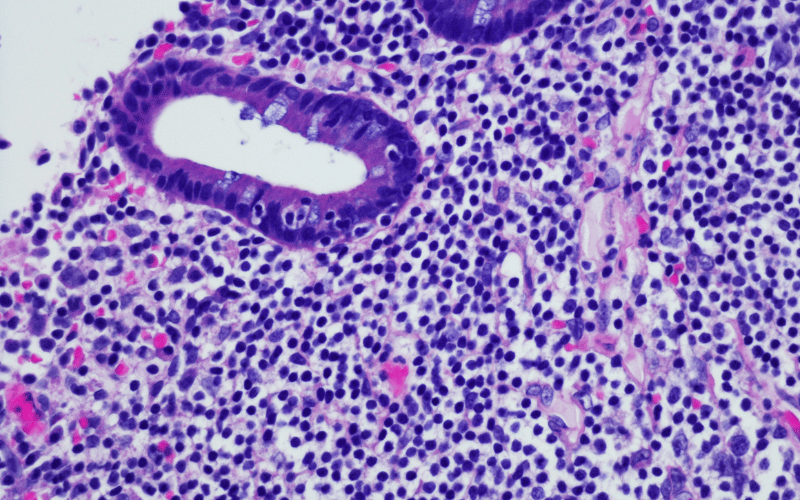Introduction: Navigating the Realm of MALT Lymphoma

MALT lymphoma, or Maltoma as it’s colloquially known, often emerges as a unique entity in the complex landscape of lymphomas. Stemming from mucosa-associated lymphoid tissues, its primary sites include mucosal tissues – think the stomach, salivary glands, or even the eyes.
Interestingly, prolonged inflammation, often spurred by infections or autoimmune conditions, is a significant trigger. Armed with this context, let’s delve deeper into the survival rate intricacies of MALT lymphoma and offer some much-needed perspective for patients and their caregivers. Its survival statistics, compared to other lymphomas, often present a silver lining in the otherwise daunting world of oncology.
1. Gastrointestinal Discomfort: A Subtle Nudge from MALT Lymphoma

The gut, a complex network of organs, is frequently affected by MALT lymphoma. Initially, patients might brush off feelings of indigestion, an unwelcome bloating sensation, or a nagging abdominal pain as remnants of a bad meal or a mild stomach bug.
However, when these symptoms persist, often without any discernible cause, they warrant a deeper look. Consistent gastrointestinal discomfort, particularly when not linked to any dietary indulgence or infection, can be MALT lymphoma’s subtle way of indicating its presence.
Moreover, another symptom that quietly intertwines is unintentional weight loss. While shedding a few pounds might be welcomed by some, when it happens without a clear reason – say a new diet or an exercise regime – it’s a potential red flag. Coupled with ongoing digestive disturbances, it might point towards an underlying issue, potentially MALT lymphoma.
Thus, it becomes vital to approach such persistent symptoms with a degree of suspicion. Regular consultations and health check-ups can help diagnose the issue early, potentially catching the lymphoma in its nascent stages, thereby offering a better prognosis. (1)